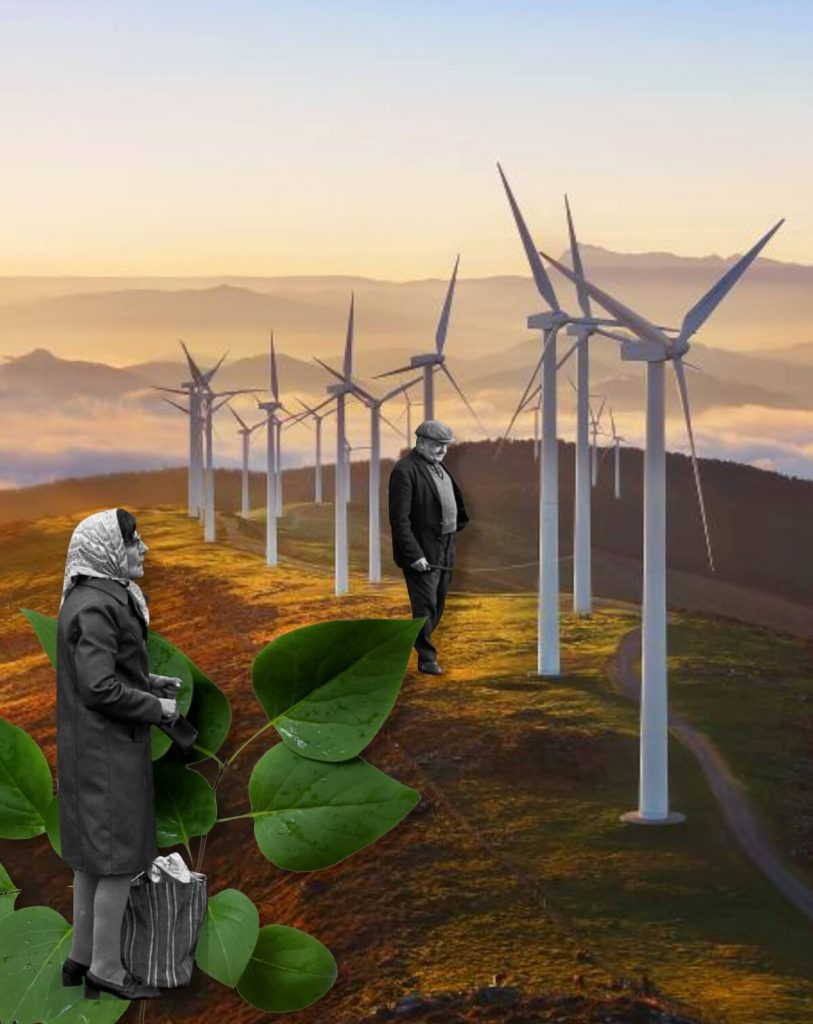The attack at the beginning of 2022 by the Russian Federation on Ukraine, a rightful member of the international community and an aspiring adherent to the European Union (EU), can be examined with the help of a theory in international relations called ‘neorealism’. This theory argues that power dynamics between nation-states are often characterized by competition and conflict, disregarding the potential for collaboration, on zero-sum logic.
These dynamics become even more complicated when there are economic interdependences, with one nation holding other ones hostage due to the need of goods essential to the less powerful ones. This phenomenon applies especially to energy dependence. These kinds of imbalances create what is called a ‘security dilemma’. The actions of the Kremlin in Ukraine can, in part, be understood by a calculation made by the Russian leaders that other European countries would not oppose the said actions due to their need to access Russian energy. However, this creates an opportunity for the European Union to change this status quo, investing in ways to end the dependence, and, with that, attenuating the security dilemma.
Download full article: 09-RICARDO SILVESTRE THE IMPORTANCE OF IBERIAN ENERGY TO THE FUTURE OF EUROPEAN UNION
There are historical precedents for this kind of progress, for example, the development of energy efficiency after the Yom Kippur war. The REPowerEU Plan, a Joint European Action for More Affordable, Secure, and Sustainable Energy, is a set of initiatives by the European Union to diversify the energy mix, and sources, and to reduce dependence on Russian gas by two-thirds before the end of 2022. Apart from increasing energy acquisition from sources that are outside the European continent, there is also in-house potential, which can be explored by investing in infrastructures to gather (renewables) and receive (gas) energy, and to create a more extensive energy network between member states, including the ones in the Central and Eastern part of the EU.
The Iberian Peninsula has been, for a long time, considered to be an energy island due to the reduced connection to the western part of the continent. Spain and Portugal have enormous potential in helping relieve some of the pressure felt in the rest of the European Union due to the need for energy. This capacity can happen by increasing their green energy development, while assuring the entry of transitional energy to the continent, until the EU can have net-zero economies and energy independence.
Energy and the Security Dilemma
The European Union’s energy policy, as read in Article 194 of the Treaty of Lisbon, has two important missions: to “a) ensure the functioning of the energy market”, and “b) ensure security of energy supply in the Union”. To achieve these missions there is a need to create the conditions for accessing the energy markets, safeguard the proper functioning of the industry, and ensure the comfort of citizens in their daily lives, while striving to generate economic growth. The proper functioning of a European energy market depends, among other things, on solidarity between member states, sharing of supply solutions, increased energy transit, and access to reserves.
Written by Ricardo Silvestre – International Officer at the Movimento Liberal Social, a think tank based in Portugal. A non-resident research fellow and the host of the Liberal Europe Podcast at the European Liberal Forum. The author of political science publications in the area of the future of democracy, energy transition, and the European Union security dilemma



